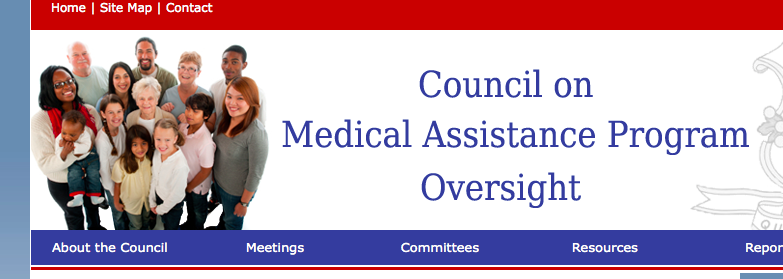HUSKY
Wandering around in OHS’s databases – lots to learn and a surprise
Our state Office of Health Strategy has several impressive portals and dashboards to explore their trove of data and other information. They include healthcare affordability, ED visits, quality ratings, facility plans, self-sufficiency tools, hospital finances, prescription drug costs, and Race, ethnicity and language data. Visitors can sort the data by service, payer, age, gender, and…
Read MoreMore questions and answers on DSS’s plan for HUSKY maternity bundles
Read the new questions and answers DSS is planning to move Medicaid payments for maternity services from the current fee-for-service arrangement to a per-person bundled payment. They will also expand services to include doula and lactation supports. However, advocates have asked questions and raised concerns about unintended consequences when providers make more money by reducing…
Read MoreMaterials from webinar on improved HUSKY cancer survival in CT without MCOs
Yesterday, Dr. John Cramer described his study published earlier this year describing a significant increase in cancer survival and early detection in Connecticut’s Medicaid program when the Managed Care Organizations left in 2012. Click here for slides and here for a recording of the webinar. The study — Association of Medicaid Privatization With Patient Cancer…
Read MoreAnalysis: DSS Study Suggests MCOs don’t Make Sense for HUSKY
Last Friday, the state released a consultants’ report exploring the Governor’s controversial plan to bring private insurers back to run Medicaid in Connecticut. The report’s authors agree with advocates that there is no evidence that MCOs control costs or improve quality or access to care. They also agree that HUSKY, our state Medicaid program, is…
Read MoreWebinar: Study finds improved early cancer diagnosis and survival after MCOs left HUSKY
Join Rep. Jillian Gilchrest and Sen. Saud Anwar, Co-Chairs of MAPOC, for a webinar December 10th at 2pm with Dr. John Cramer on his study published in JCO Oncology Practice in January. His study found that cancer early detection have increased 4% and survival rates have increased 8% since MCOs left Connecticut Medicaid. There was…
Read MoreFormer Medicaid Official shares troubled MCO history
Download the comments In comments to DSS for their landscape study, former Medicaid official Steve Colangelo warns against returning the program to MCOs. He worked in the program before and after the MCOs left in 2012. He outlines the problems that plagued the program and DSS staff under the MCO model. He details how the…
Read MoreCTNJ: Council Takes Input About State’s Medicaid Program; Advocates Say Leave It Alone
In light of the results of last week’s election, the last thing Connecticut should do is make any adjustments to the way the state provides Medicaid to eligible residents, advocates said last week. Read more
Read MoreSign on letter critical of biased consultants for HUSKY MCO study
On Friday, thirty-five organizations, advocates, and HUSKY members sent a letter to Governor Lamont raising concerns about the choice of Manatt, Phelps & Phillips as consultants to conduct the Medicaid survey and make recommendations. Concerns center on Manatt’s record of support for toward returning Managed Care Organizations (MCOs) in Medicaid programs. That’s a record number…
Read MoreFormer Medicaid official offers options to improve the program and a warning
Recently retired from DSS, Steven Colangelo answered the state’s invitation for recommendations to improve HUSKY. He worked at DSS more than 31 years, 10 in Medicaid, focused on the quality of care. His tenure crossed numerous state administrations and seismic shifts in Medicaid policy at the federal level. Steven opposes current state plans to return…
Read MoreAdvocates’ comments to improve Medicaid
In response to DSS’s invitation for comments, last week four consumer advocate members of CT’s Medical Assistance Program Oversight Council (MAPOC) offered constructive recommendations to improve the program. The authors acknowledge the success of Connecticut’s Medicaid program as a national leader in cost control, access and quality of care. The authors strongly recommend against returning…
Read More







